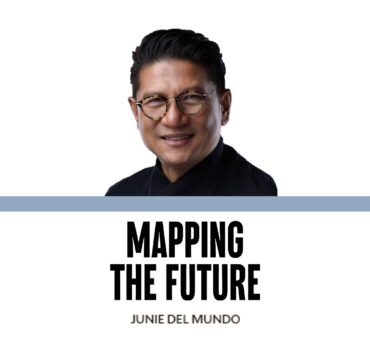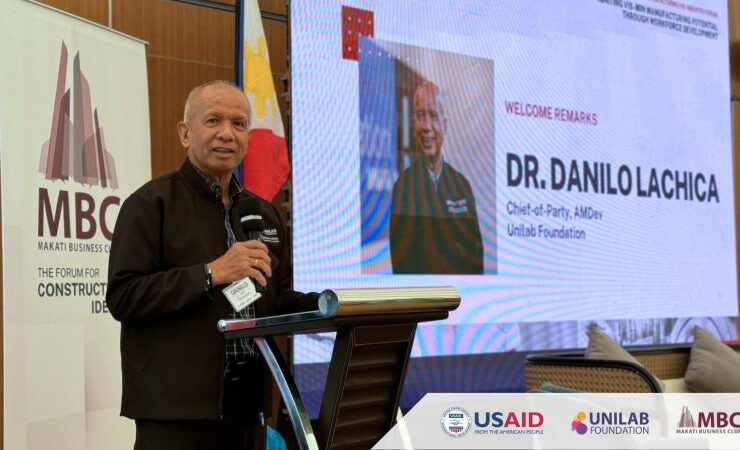Wanted: More electronics engineers

Xinyx Design hosted recently the second Unlocked, a national competition designed to promote integrated circuit (IC) design and semiconductor innovation.
This year’s theme, “From Problems to Possibilities: Building Tomorrow’s Cities Today,” highlighted the capability of homegrown innovation to address urban challenges and drive the future of the high-technology industry.
Unlocked brought together the brightest undergraduate engineering minds from universities across the Philippines to showcase cutting-edge ideas aimed at revolutionizing the technology industry.
Named 2024 Champion in the Unlocked Innovation Challenge was the Technological University of the Philippines (TUP Manila) for “LiverScan+: An Automated Detection and Diagnosis of Focal Liver Lesions through AutoML-Based Triphasic Contrast-Enhanced CT Image Analysis Using Jetson Nano.” The five students behind the proposal received P70,000.
During the event, the Philippine IC Design award was presented to Diosdado “Dado” Banatao, a technopreneur and Silicon Valley pioneer, and Dr. Teresita Fortuna, current administrator of the Colegio de Muntinlupa who has been a driving force in microelectronics education in the country.
The recent Unlocked event was just one of Xinyx’s ongoing efforts to shine the spotlight on young Filipino engineering students’ resourcefulness and ingenuity and bring together engineers, technologists and investors to promote cooperation and collaboration in advancing technology and community development.
For Charade Avondo, Xinyx president, it was also an occasion to spread the message that there were enormous possibilities for professional advancement and high-paying jobs in microelectronics and integrated circuit (IC) design that might just provide the incentives for Filipino engineers to remain in the country instead of pursuing jobs abroad.
A semiconductor is defined as “any of a class of crystalline solids intermediate in electrical conductivity between a conductor and an insulator.”
Employed in the manufacture of various kinds of electronic devices, including diodes, transistors and ICs, the demand for semiconductors is high.
According to Avondo, Philippine institutions of higher learning were not graduating enough electronics and communications engineers (ECE) to meet the demand.
Also, students were choosing engineering fields that were popular and/or were more familiar with the prospective work.
Avondo said there was a need to update the ECE curriculum to meet evolving industry requirements.
The Philippines faces a looming shortage of 128,000 semiconductor professionals by 2028.
Xinyx Design has thus urged the government to implement policies that promote workforce development, research funding and talent retention.
Avondo said “the government can play a more active role in promoting electronics engineering as a viable and attractive career path. By investing in the marketing and promotion of this field as early as the grade school level and beyond, the Philippines can position itself as a global hub for semiconductor talent, driving innovation and making a lasting impact on global society.”





















